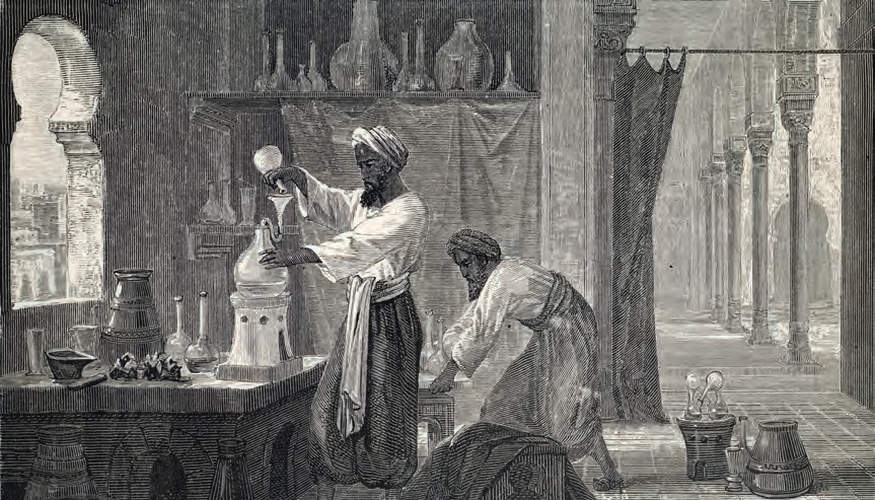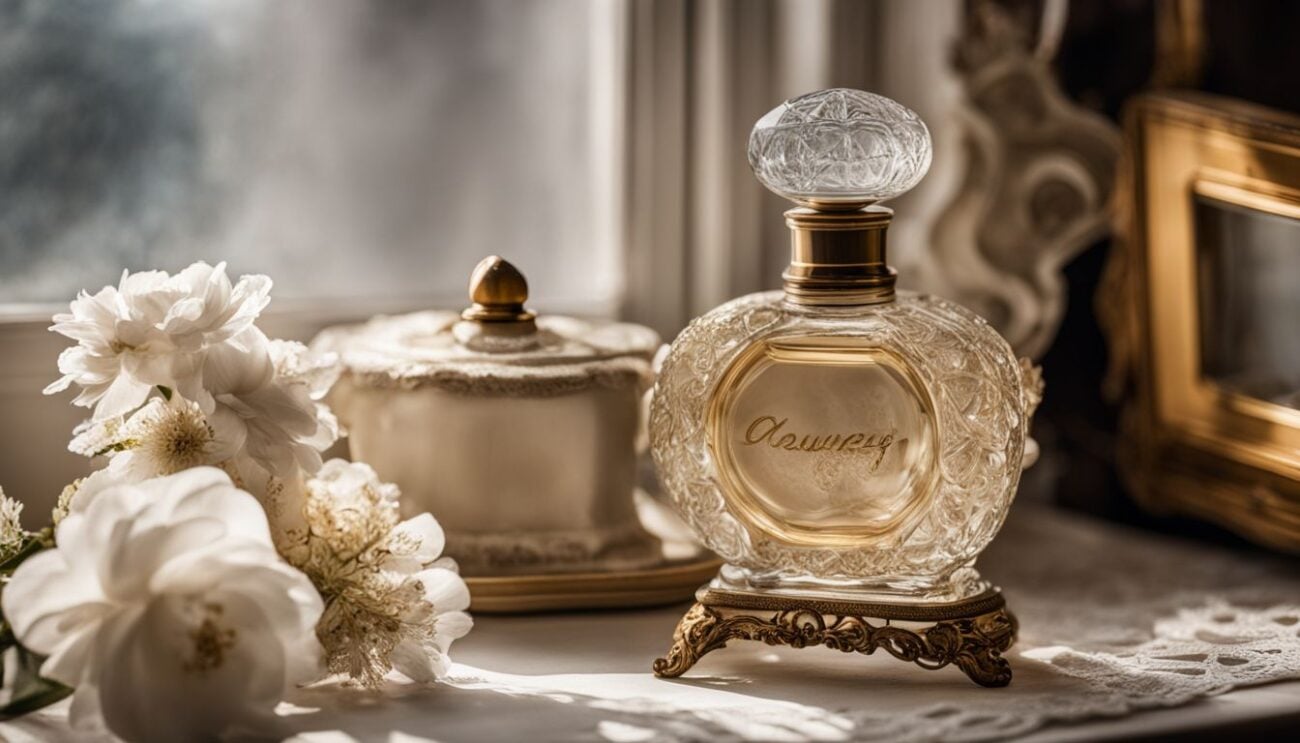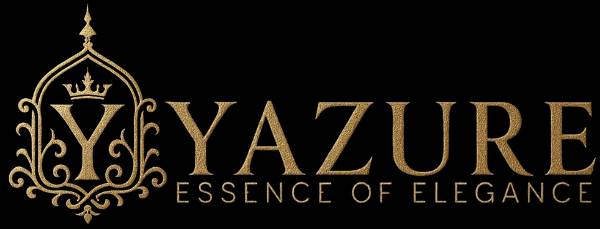Blog
The Journey of Perfume From Ancient Origins to Modern Luxury

🌿 The Ancient Roots of Perfume
Perfume has been an essential part of human culture for thousands of years. The word “perfume” comes from the Latin phrase “per fumum,” meaning “through smoke.” In ancient civilizations like Egypt, Mesopotamia, and India, people used fragrant oils, resins, and incense in religious rituals, royal ceremonies, and daily beauty routines.
- Egyptians created scented balms and oils for both spiritual and cosmetic use.
- Greeks and Romans embraced perfume as a symbol of elegance and wealth.
- In the Middle East, the discovery of distillation techniques by Al-Kindi and Avicenna revolutionized fragrance-making.
Perfume was not only about beauty—it carried spiritual, medicinal, and cultural significance.
🌸 Perfume in the Middle Ages & Renaissance
During the Middle Ages, perfume spread to Europe through trade with the Arabs. Distilled rose water and exotic oils became highly sought-after.
By the Renaissance, perfume had become a status symbol among European royalty, especially in France and Italy.
- Catherine de Medici’s court in France popularized perfumes in royal and aristocratic circles.
- Perfume was also used as a way to mask unpleasant odors in a time before modern sanitation.
✨ The Birth of Modern Perfumery (18th – 19th Century)
With the rise of chemistry, perfumers began experimenting with synthetic ingredients. This allowed for long-lasting scents and unique fragrance combinations that were not possible with natural oils alone.
- The first alcohol-based perfumes became popular in the 18th century.
- Iconic fragrance houses like Guerlain (founded in 1828) began shaping the perfume industry into a form closer to what we know today.
🌎 Perfume in the Modern Era
Today, perfume is a blend of art, science, and fashion. With advanced techniques, perfumers can create millions of unique scent profiles, combining natural essential oils with high-quality synthetic molecules.
Modern perfumes are divided into categories such as:
- Eau de Parfum (EDP): Long-lasting and rich.
- Eau de Toilette (EDT): Lighter, everyday wear.
- Niche Perfumes: Exclusive, artistic, and crafted in small batches.
- Designer Perfumes: Widely available luxury scents from global fashion houses.
Perfume has also become a personal identity statement. From floral and oriental to woody and aquatic, there is a fragrance for every personality and mood.
💎 Perfume Today – A Symbol of Luxury & Self-Expression
Modern-day perfume is no longer just about masking odors—it is about individuality, elegance, and confidence. The perfume industry has become a multi-billion-dollar global market, with brands competing to create scents that capture emotions and memories.
Today’s consumers look for:
- Long-lasting performance
- Unique fragrance stories
- Sustainable and eco-friendly ingredients
Perfume has truly evolved into a form of wearable art, connecting history, culture, and personal style.

